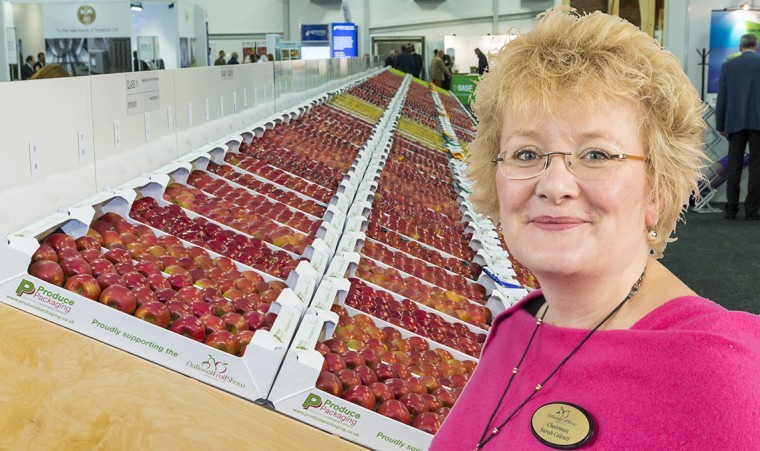I have been to a government knowledge briefing on how to feed the nation in 2050. There should have been a clue in the title of the session really: I should have known what I was in for.
The briefing was aimed at Westminster researchers, policy teams and then all interested parties from institutions such as Reading University, Compassion in World Farming etc. The point of the day was, I thought beforehand, to discuss the progress made to date, debate the requirement for changes in policy (hazard analysis versus risk analysis in the approval of plant protection products, genetic modification technology, intensive rearing systems, you know, the things that we need to feed more people). I was also really hoping for some sense from the local food strategy speaker, perhaps on planning and water use. Well I was disappointed, frankly.
Just a few sound bite facts from the day to set the scene:
- World food prices have continued to cause unrest, distrust and instability (we were told of food riots in Brixton in 2008… but there weren’t any recorded)
- mapping food pricing shows the inevitable link to big weather events. These are increasing in frequency (global warming? Perhaps not, perhaps just the cycle we are entering);
- food is still a small proportion of household expenditure – 10% on average in the UK compared to 50% 50 years ago;
- waste: 11-15% of all food waste occurs at the production level. The changes needed are obvious to the producers but the message is slow getting through to other institutions that influence this.
So, globally food production is rising, coarse grain is seeing a steady rise in productivity but staple grains have seen a plateau in yield. In the UK we have 75% of our surface area involved in some form of food production, yet such a high proportion of the growers involved are skirting insolvency so much of the time.
Investments in habitat enhancement are changing our biodiversity but the message that yield isn’t rising as a consequence doesn’t seem to have got through to Whitehall. One thing that was evident from the speakers (I won’t bore you) was that they didn’t really understand the difference between a British farmer, the technology we employ, the efficiencies that we have in comparison to most of Europe against whose production much of the common agricultural policy seems to be set.
And if any of them happen to be reading this, crop rotation to prevent potato blight would not be news to a British farmer. They have been rotating crops ever since man started farming food rather than gathering; they’d much rather have some protection products or plant genetics that help feed more people!
On a more cheerful note: we all had a real treat at the Goudhurst and Paddock Wood orchard competition walk hosted by the Bardsley family. Rectory farm looked amazing. In fact as an example of the standard of farming by the team it wasn’t surprising that they picked up so many of the prizes. As always Martin and the NFU team hosted some good food and beer sponsored by Avalon Produce and a really good evening was had by all.
The winners were: BASF championship trophy – Bardsley farms, Rectory farm; E.O Moss trophy (runner up) Bardsley farms, Heronden Farm; UK Bayer trophy (third) – EG Butcher and Sons, Toke Farm; Agrii trophy (most meritorious entry) – QW Farms, Home farm; Mike Freed Trophy (highest marks in the competition over five years) EG Butcher & sons, Toke Farm.




